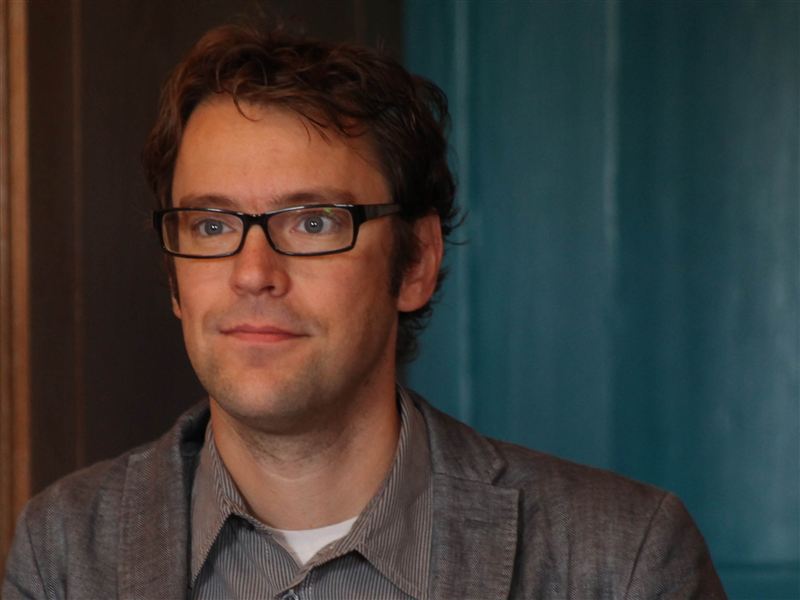Naturresursernas förbannelse och institutionernas betydelse
 29 aug 2006, kl 0:19 |
29 aug 2006, kl 0:19 |  Lite väl akademiskt
Lite väl akademiskt Inom ulandsekonomi talas ibland om naturresursernas förbannelse: Fattiga länder med gott om naturresurser, tycks inte alls kunna dra nytta av dessa. Men vad det egentligen handlar om är såklart institutionernas betydelse - som sammanfattas i följande abstract:
Natural resource-abundant countries constitute both growth losers and growth winners, and the main difference between the success cases and the cases of failure lies in the quality of institutions. With grabber-friendly institutions more natural resources push aggregate income down, while with producer-friendly institutions more natural resources increase income. Such a theory finds strong support in data. A key question we also discuss is if resources in addition alter the quality of institutions. When that is the case, countries with bad institutions suffer a double resource curse - as the deterioration of institutions strengthens the negative effect of more natural resources.
Källa: Mehlum, Halvor, Karl Moene, and Ragnar Torvik. 2006. "Cursed by Resources or Institutions?" World Economy 29:1117-1131.

Reader Comments (4)
Rodrik, D., Subramanian, A. & Trebbi, F. (2004). ‘Institutions Rule: The Primacy of Institutions over Geography and Integration in Economic Development.’ Journal of Economic Growth 9(2), 131–165.